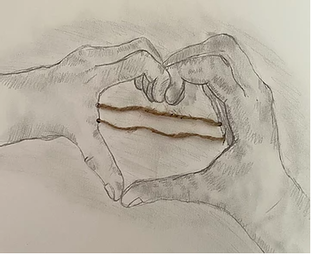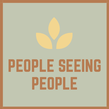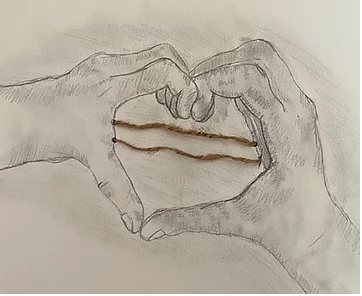 Kael Klemmerson on his work with New Beginnings As we continue to unveil the complexities of homelessness, we sought advice from another community organizer—Kael Klemmerson. When providing us with a lens on his work with the homeless population he commenced, “We started serving meals at our church. My wife, when she was in college at Viterbo, lived at Place of Grace for a period of time. We saw community, hospitality, and people just being people. We became in charge of New Beginnings and we wanted to start a meal for the families of the church. One week, word got out and instead of 35 people we had 120 people show up for our dinner.” Kael wholeheartedly believes in the importance of knowing people by name and explained to us how this was a driving force in his mission. “If we are going to love people, that includes meeting needs and seeing people as individuals with their own individual struggles. Others must see people as more than just the problem on the page or a statistic. To help with this, we started what we called a “by name list” rather than just counting numbers and we made it more personal, more direct, and actually touching people rather than just a tick sheet. My wife would greet everyone at the door and she memorized every person’s name. She had about 150 people that she knew by name, by face, each week. We believe that every person should have their name known, who they are, known.”
When discussing issues of rehousing, Kael discussed how we can be supporters during times of transition.“What ends up happening is once somebody has moved into a home, they are not homeless in that broad category, but they don't have a lot of the skills needed to stay out of homelessness. Many have a lack of knowledge on how to cook, how to clean, paying bills-things that people who have never struggled with homelessness wouldn’t understand. When you get into that survival mode, switching from survival mode to actually living is a very tough transition.” Offering all you have, but not trying to rescue can be a difficult line to walk, and Kael discussed his first hand experiences with this challenge. “Working (at New Beginnings) nearly full time, neither my wife nor I received a salary and we were barely able to pay the bills… Another difficulty is not falling into codependency. That is probably the slipperiest slope to get into. You step into someone’s life to try and help them and you have to remember you’re not the savior, you're not the rescuer. Just like a lifeguard who is saving a drowning person, they are at risk of being drowned themselves. It’s similar to when you start reaching into someone’s life that’s been horribly beaten down whether it’s emotionally, physically, or whatever.” Kael conveyed a desire for others to know that life isn’t fixed when you’re off the streets. “One individual that had been on the streets with his dog for a good period of time and now he is living in an apartment and recognizing so many problems… and started making changes. … Life doesn't get fixed once you are not on the streets and you're not better all of a sudden as this one thing happened. people need friends and we need a community that wraps around us.” In attempting to be better humans, Kael emphasized the need to give people a chance. “If we truly believe in love and equality we will give people a chance. It’s realizing that I'm also messed up, I'm not better than anybody. For example, some middle class and rich people often say, “Well I have a reason to be scared because of how they look.” This sounds eerily familiar and these people say it’s not based on the color of their skin. I respond by asking if it's because they're dirty, because they haven't been able to shower, because they're unkempt? Isn't that based on looks? I’m not classifying it as a race thing, but I will also say that I have seen people of diversity that are homeless have a harder time.” “My message is love people right where they are at and that doesn't mean leave them where they're at, but take care to notice them as a person, rather than a problem to be solved. They’re not a problem to be fixed, they are a person to be engaged with and talked to. Really loving people, genuinely loving them, not just seeing them as a project or a chance to feel good about yourself.” Note from the artist: This picture demonstrates the simplicity of love and the importance of equality. The twine shows that sometimes we are battered and torn, but we still all deserve to be treated with the same respect. Love and equality, sometimes that is all we need.
0 Comments
Leave a Reply. |
|

